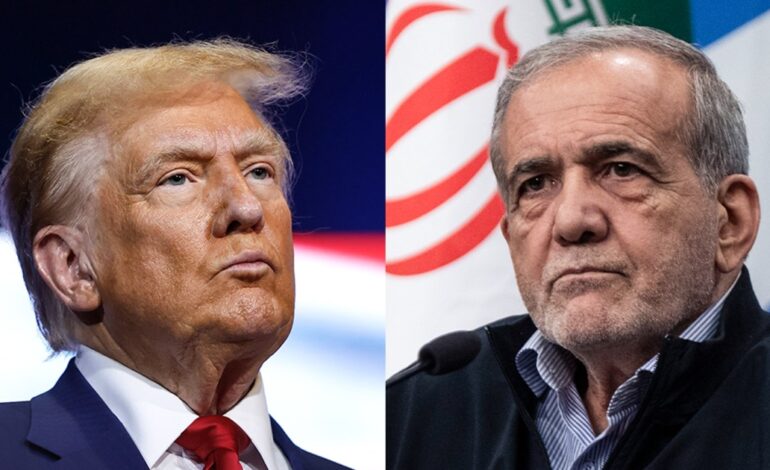Iran Rejects Direct Talks with Trump Amid Rising Tensions

Iran’s President, Masoud Pezeshkian, firmly rejected the prospect of direct nuclear negotiations with the United States during a speech at the United Nations on September 27, 2023. His comments followed a declaration from the country’s Supreme Leader, Ayatollah Ali Khamenei, who stated that discussions regarding Iran’s nuclear program with President Donald Trump would not take place. This development occurs amidst escalating tensions between Iran, the U.S., and Israel.
Pezeshkian condemned recent airstrikes carried out by the U.S. and Israel, which targeted Iranian cities and infrastructure. He described these attacks as a “grave betrayal of diplomacy” that undermined efforts for peace. “The aerial assaults of [Israel] and the United States of America against Iran’s cities, homes, and infrastructure… constituted a severe disruption of our diplomatic negotiations,” he asserted.
During his address, Pezeshkian highlighted the human cost of these attacks by displaying a booklet titled “Killed By Israel,” filled with images of affected families and children. While some Iranian moderates have called for direct talks with the U.S., Khamenei’s recent remarks have set strict limits on what Pezeshkian can discuss on the international stage.
Khamenei emphasized that any negotiation with the U.S. on the nuclear issue is futile, stating, “In my view, negotiating with America about the nuclear issue… is an absolute dead end.” He further asserted that Iran would continue its uranium enrichment program, viewing it as vital to national interest and unacceptable to the Iranian populace.
In his speech, Khamenei also reiterated that Iran has no intention of developing nuclear weapons, a point that Pezeshkian reinforced. He remarked that Iran also would not engage in discussions regarding its ballistic missile program. These statements come as the Trump administration signals a willingness to engage in talks, with Trump’s Middle East envoy, Steve Witkoff, stating that the U.S. administration is open to negotiations.
Tensions have intensified since the U.S. and Israeli forces launched airstrikes in late June, targeting key Iranian nuclear facilities, including Fordo and Natanz. Reports indicate that these strikes resulted in significant casualties, with over 1,000 people dead, according to Iranian state media. The Iranian rial dropped to a record low against the U.S. dollar following Khamenei’s remarks, reflecting the economic pressures facing the nation.
The Iranian leadership is under increasing pressure from both internal and external fronts. Moderate voices advocating for talks aim to prevent further military action from the U.S. or Israel, especially following the heavy bombardments experienced in June. The upcoming deadline of September 27 poses an additional challenge, as Iran must negotiate a diplomatic solution with Britain, France, and Germany to avoid the reinstatement of sanctions under the 2015 nuclear deal.
Should these sanctions be enacted, they would lead to severe consequences, including an arms embargo and restrictions on uranium enrichment. The Iranian economy is already struggling, suffering from the effects of previous sanctions, compounded by issues of corruption and mismanagement.
During the UN meeting, French President Emmanuel Macron engaged with Pezeshkian, expressing hope for a diplomatic resolution. Macron indicated that a solution could be reached if Iran allowed full access to inspectors from the International Atomic Energy Agency (IAEA) and demonstrated transparency regarding its enriched materials. He stated, “An agreement remains possible. Only a few hours are left. It is up to Iran to respond to the legitimate conditions we have set.”
The political landscape in Iran remains precarious for Pezeshkian. He narrowly escaped an Israeli attack in June and faces relentless scrutiny from conservative critics regarding the economy and social freedoms. A recent crackdown by Iranian security forces has led to mass arrests, particularly targeting ethnic and religious minorities, under the pretext of national security. Reports from Amnesty International indicate that approximately 21,000 individuals were arrested during a 12-day period amid the ongoing conflict.
Pezeshkian’s position appears increasingly isolated as he navigates the complexities of international diplomacy while grappling with internal pressures. With a hard-line stance against negotiations from Khamenei and rising domestic unrest, the Iranian president faces significant challenges in advocating for his political agenda on the world stage.






